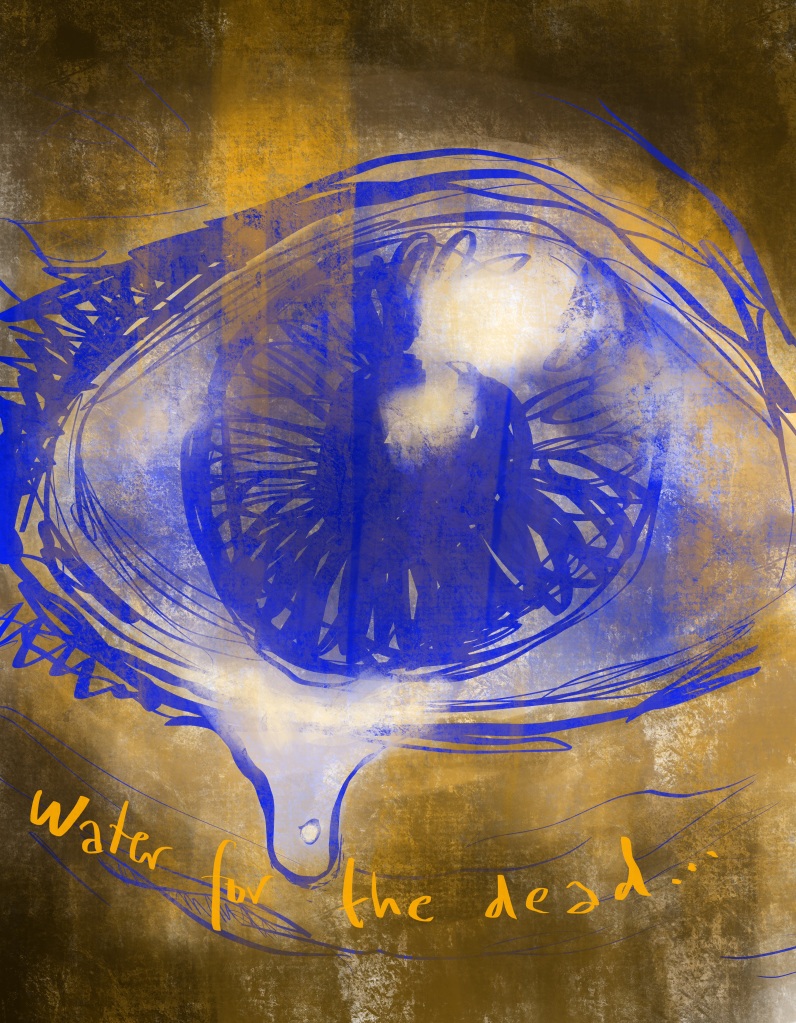The line between those who love the new Dune movie and those who didn’t much enjoy it seems to often go between the ones who read the book/s and those who didn’t.
What does that say? Did the movie do a bad job of introducing a new audience? Or is it that the ones who read the book/s see details in the movie that others miss because they’re not used to looking for such details in a standard movie these days? I don’t know, but probably the second option.
Anyway, here’s an illustration from someone who did read the books and who definitely enjoyed the movie:

Ok, there were things I missed in the movie, like that dinner party in the beginning, and also a small scene with a fountain that highlighted the arrogance of flaunting riches in a context where those riches aren’t luxuries but necessities of life. I would also have added a funeral before ending part one, but I do understand that the movie is still long enough and just because I wouldn’t have minded if they added another hour, everyone might not enjoy it as much.
And the visuals in combination with the music and sound design kind of made up for the details I thought were missing. It also got a lot of nuances just right (can’t say which ones because spoilers).
My personal history with Dune is that I read Frank Herbert’s 6 books 20-25 years ago and they’ve been a huge inspiration for me since. I’m currently re-reading them (will soon get into God Emperor of Dune).
I didn’t like Lynch’s movie, but the TV series worked better. My main problem with it is that it ended before they got into the final 3 books, which to me are the most interesting parts.
I would have liked to see the Jodorowsky version, but I’m also glad it never got made since it would have been a massive misrepresentation of both the book and the point of the whole series.
I just found out there’s a place in the Sahara desert called Arrak.

It is a complicated series of books to turn into movies. it’s very much driven by dialogue and inner thoughts, often both at the same time, from multiple characters in the same scenes. Could a combination of dialogue and voice-over work in film? Plans within plans, conversations within conversations? Probably not.
Could the politics of body fluids and water as both life-sustaining and currency be handled as subtly and still an ever-present concern in film? They make attempts that I think work fine in the movie, and there’ll be more room for that in part 2 where Fremen culture will be more of a thing.
I hear that part two has now been officially greenlit, which is of course good news. I also heard that the second part would be more focused on Chani, which is an interesting approach. It’s not exactly how it’s done in the book, but it might be a useful way to do it.
I must also recommend that you check out more of Frank Herbert’s writings. There’s another, shorter series, starting with the novella The Tactful Saboteur and continuing in the books Whipping Star and The Dosadi Experiment. It’s also great, but I won’t talk about that now.
